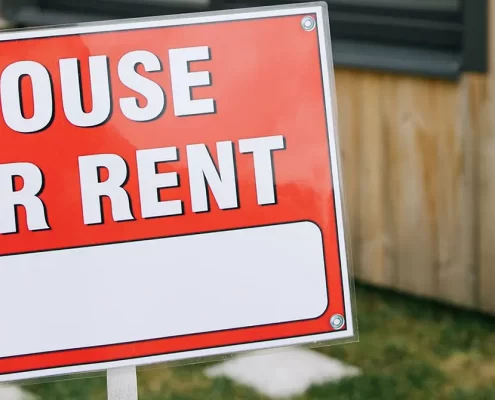
Foreclosure and Rent-to-Own Agreements
Civil Law, Landlord/Tenant, Property, Real EstateRent-to-Own Agreements have become more popular in Pennsylvania in the last several years as an alternative method of financing for buyers who are unable to get traditional mortgages. Sellers sometimes offer these agreements as a way to obtain…

Can filing for bankruptcy save your home from foreclosure?
Bankruptcy, Property, Real EstateFiling for bankruptcy can provide a homeowner with a way to save their home from foreclosure. When a homeowner files for bankruptcy, an automatic stay is put into effect, which temporarily stops most collection actions, including foreclosure…

Solar Panel Installation Fraud
Construction, PropertyIf you’re a homeowner, you’ve likely been approached by a solar panel salesman at your home or over the phone trying to sell you on the benefits of “going solar.” While the opportunity to eliminate your electrical bill sounds good on…

Eminent Domain: Theirs for the Taking?
Business Law, Civil Law, Construction, PropertyWe might be cheering when traffic circles are installed to curb accident occurrences or when roads are widened to accommodate an increase in traffic. Over time, country fields can give way to schools and public parks as a result of growing populations.…

HICPA and the Hiccups of Home Repairs
Construction, PropertyHome repairs and renovations can be costly and time-consuming. While some work on your home can be a breeze to have done, other work comes with the stress of ever-changing deadlines and busted budgets. No one needs the added stress of a contractor…

Short-term Rentals & Long-term Headaches
Business Law, Landlord/Tenant, PropertyHaving a side hustle is becoming more and more popular by the day, and many people sure could use some extra income. This is why companies like Airbnb and VRBO have become so profitable. If you can take a current asset like your house and use…

Legal Things to Know Before Investing in Rental Properties
Berks County, Landlord/Tenant, PropertyWith the rise of the DIY movement and the expansion of the mobile workforce in the U.S., investors are clambering to purchase rental properties. Whether they are rehabbing and flipping properties or buying them and turning them into rentals,…

Reaching Family Settlement Agreements in Estates
Estate Administration, Probate, Property, WillsWhen a family member passes away, many factors can combine to create conflict over how to resolve the estate. Oral promises made by the decedent while alive, or a confusing portion of a will, or an apparent change in circumstances since the…

Lions and Tigers and…Gerbils? — Pet Custody in Pennsylvania
Divorce, Family Law, PropertyThe divorce process is a difficult one no matter the circumstances. Most issues related to this process carry an emotional component. While we would expect emotions to run high when the parties are deciding issues such as custody and the disposition…

Who Gets the House After Our Break-up?
Divorce, Family Law, PropertyWhen you live with someone but are not married, this can create a host of legal issues, particularly when one moves out after a break-up. Who gets the house? If one person owned the house and the other simply lived there, and if that person…
